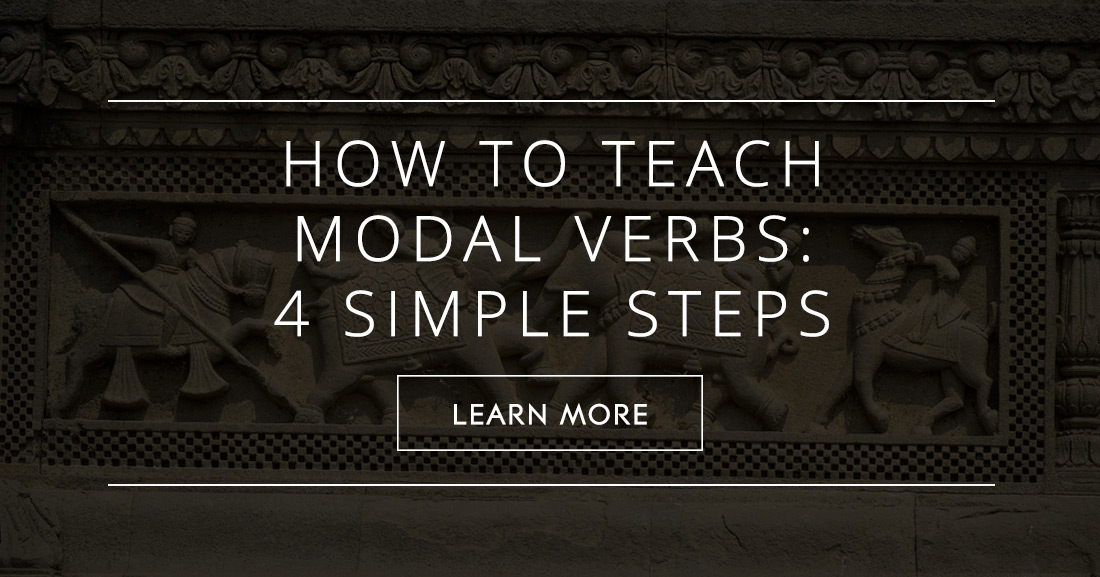

Other expressions that carry modal meanings are: be to, had better, have (got) to, would rather. They are different from modal verbs, though, because they behave more like typical verbs - for example, they change to agree with their subjects, they change tense, and they can be combined with other helping verbs like be, have. (unlike a modal verb, followed by a to-infinitive)īesides modal verbs and semi-modal verbs, there are other expressions which can express modal meanings. Semi-Modal Verbs function in much the same way as modal verbs - they are an auxiliary verb that adds information to the main verb, but cant really function alone. (unlike a modal verb, followed by a to-infinitive) (as a modal verb, the perfect infinitive used to refer to past time)ĭo you need to use the hairdryer? (as a main verb, followed by a to-infinitive and the interrogative formed with do) Need you make so much noise? (as a modal verb, the interrogative formed without do) (as a main verb, followed by a to-infinitive and the negative formed with do) How dare she criticise us? (as a modal verb, the interrogative formed without do) They behave similarly to modal verbs but also share some characteristics with main verbs: The semi-modal verbs (or marginal modals) are: dare, need, used to and ought to. I have been able to swim since the age of five.


I have canned swim since the age of five. If you want to be a sailor, you must be able to swim. If you want to be a sailor, you must can swim. When necessary, modal idioms or other expressions are used instead of them:


 0 kommentar(er)
0 kommentar(er)
